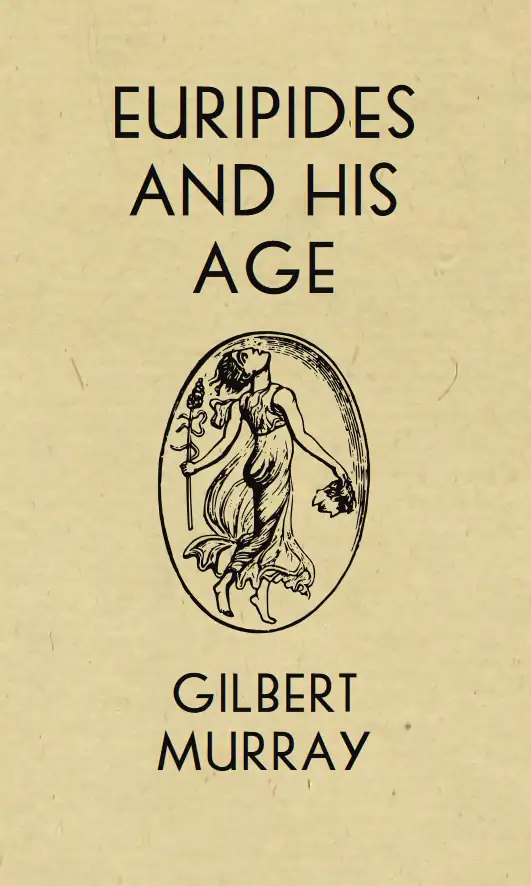
A Catholic bishop running a gas station? Well, that was the story they told in Millbrook, New York. And it turned out to be true.
But the gas station is hardly the most interesting thing about this fascinating character. His is a story of catacombs in Rome, a failed bomb-building business in Connecticut and a sewer system in Cuba.
(more…)
